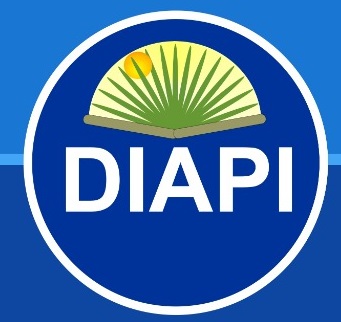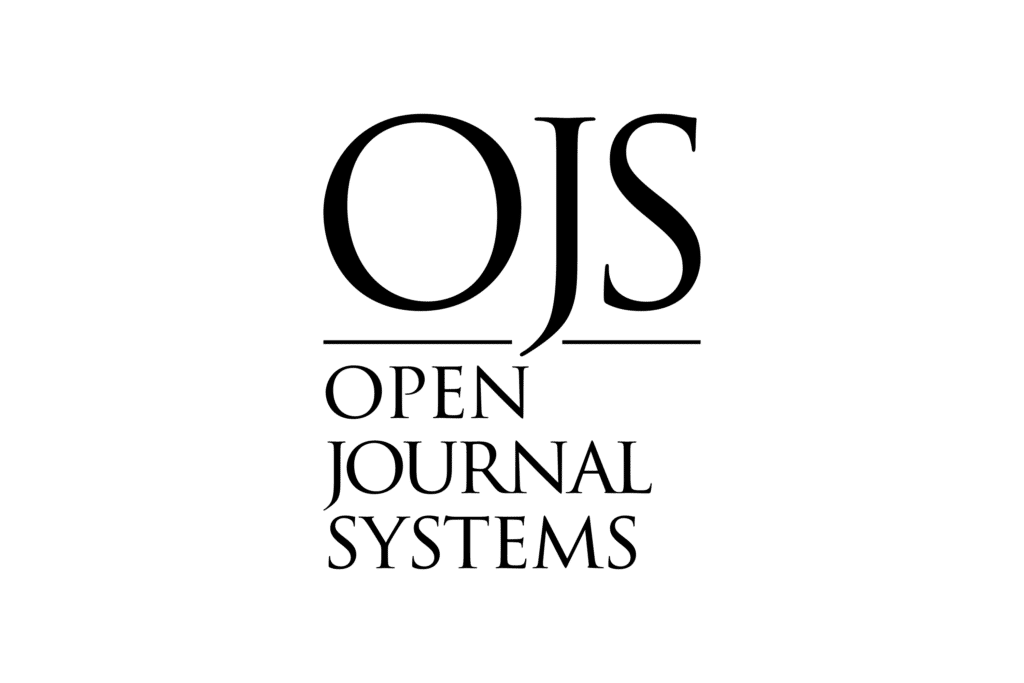Initial training in the subject Integrated English Practice I-II through digital competences in the Bachelor's Degree in Foreign Language Education (English) at the University of Pinar del Río.
DOI:
https://doi.org/10.52579/diapi.vol5.i1.a19658Keywords:
Training, English language, digital competencesAbstract
The advances generated by technology in education and particularly in higher education have transcended significantly, becoming increasingly essential, which is the case of this research in the Bachelor's Degree in Foreign Language Education (English). Initial training in the subject Integrated English Practice I-II through digital skills is of great importance today due to its relevance in global communication, its focus on digital skills and its contribution to personal and professional development of students, as well as the progress of society and the country in an increasingly interconnected and digitalized world. The first-year students of this degree have had difficulties in their initial training, which not only focuses on the language, but also on the development of transversal skills such as critical thinking, problem solving, effective communication and collaboration related to digital skills. The objective was to diagnose the initial training process in the subject Integrated English Practice I-II through digital competences in the Bachelor's Degree in Foreign Language Education (English) at the University of Pinar del Río.
Downloads
References
Cózar Gutiérrez, R., Roblizo Colmenero, M. J., & Sánchez Pérez, M. d. (2019). La competencia digital en la formación inicial de los futuros docentes: Educación Secundaria, Formación Profesional e Idiomas. Investigación e innovación en la Enseñanza Superior. Nuevos contextos, nuevas ideas, 3. doi:ISBN: 978-84-17667-23-8
Gómez, A. R. A. (06 de 2016). Didáctica interactiva de lenguas extranjeras en Cuba. Mendive. Revista de Educación, 14(2), 142-149. Obtenido de http://scielo.sld.cu/scielo.php?script=sci_abstract&pid=S1815-76962016000200002&lng=es&nrm=iso&tlng=es
Hinostroza, J. E. (2017). TIC, educación y desarrollo social en América Latina y el Caribe - IIPE UNESCO. Obtenido de http://buenosaires.iipe.unesco.org/es/publicaciones/tic-educacion-y-desarrollo-social-en-america-latina-y-el-caribe
INTEF (2022). Marco de Referencia de la Competencia Digital Docente - Enero 2022.https://bit.ly/39SNuQs
MARCO COMÚN EUROPEO DE REFERENCIA PARA LAS LENGUAS: APRENDIZAJE, ENSEÑANZA, EVALUACIÓN. (2020). Ministerio de Educación y Formación Profesional e Instituto Cervantes. Obtenido de HYPERLINK "https://cvc.cervantes.es/ensenanza/biblioteca_ele/marco_complementario/mcer_volumen-complementario.pdf" https://cvc.cervantes.es/ensenanza/biblioteca_ele/marco_complementario/mcer_volumen-complementario.pdf
Muñoz, J. J. (2019). Relación entre las competencias digitales docentes y la integración de las tecnologías de la información y comunicación en la enseñanza del idioma inglés como lengua extranjera.
ONU. (2018). Agenda Digital para América Latina y el Caribe (eLAC 2020). Sexta Conferencia Ministerial sobre Sociedad de la Información de América Latina y el Caribe.
Downloads
Published
How to Cite
Issue
Section
License
Copyright (c) 2024 Isabel Alvarez Morejón, Meivys Páez Paredes

This work is licensed under a Creative Commons Attribution-ShareAlike 4.0 International License.
Direitos Autorais
A submissão de originais para a Diálogos e Perspectivas Interventivas (DIAPI) implica na transferência, pelas(os) autoras(es), dos direitos de publicação. Os direitos autorais para os manuscritos publicados nesta revista são das(os) autoras(es), com direitos da DIAPI sobre a primeira publicação. As(os) autoras(es) somente poderão utilizar os mesmos resultados em outras publicações indicando explicitamente a DIAPI como o meio da publicação original.
Licença Creative Commons
Exceto onde especificado diferentemente, aplicam-se à matéria publicada nesta revista científica os termos da licença Creative Commons Attribution-ShareAlike 4.0 International License, que permite o uso irrestrito, a distribuição e a reprodução em qualquer meio desde que a publicação original seja corretamente citada.













 Esta obra está licenciada com uma Licença
Esta obra está licenciada com uma Licença 